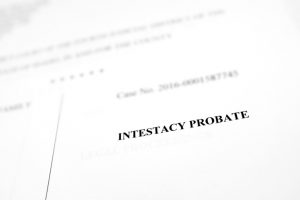Properly planning your estate takes teamwork. During our retirement years most of us will deal with several professionals for different purposes, including a financial advisor, an accountant, and an attorney. The most effect estate plans are those in which those professionals work together. That being said, there are several important professionals who should be involved in planning your estate, but are most often overlooked. Here are two:
A Funeral Director. One of the most overlooked resources available for your estate plan is a pre-paid burial plan. As a result, family members are forced to scramble to make decision, including decisions surrounding the appropriate funeral service, if any, and how to pay for the costs associated with a funeral service and/or cremation. Unfortunately those tough decisions need to be made while mourning the loss of a loved. one.
Consulting a funeral director during your life will provide you with a sense of peace as you know your loved ones will not have to deal with financial stressors in addition to dealing with loss. At Racine Olson our experienced estate planning attorneys recommend you speak with a funeral director to pay for and plan your funeral services. Many of our clients throughout Pocatello, southeast Idaho, Idaho Falls, Twin Falls, and Boise, report back to us of the sense of completion they fell after pre-paying for, and planning, their funeral services. Mostly, our clients feel like they are providing their loved ones with the opportunity to mourn rather than worry about financial issues after their passing.
 Idaho Law Blog
Idaho Law Blog



